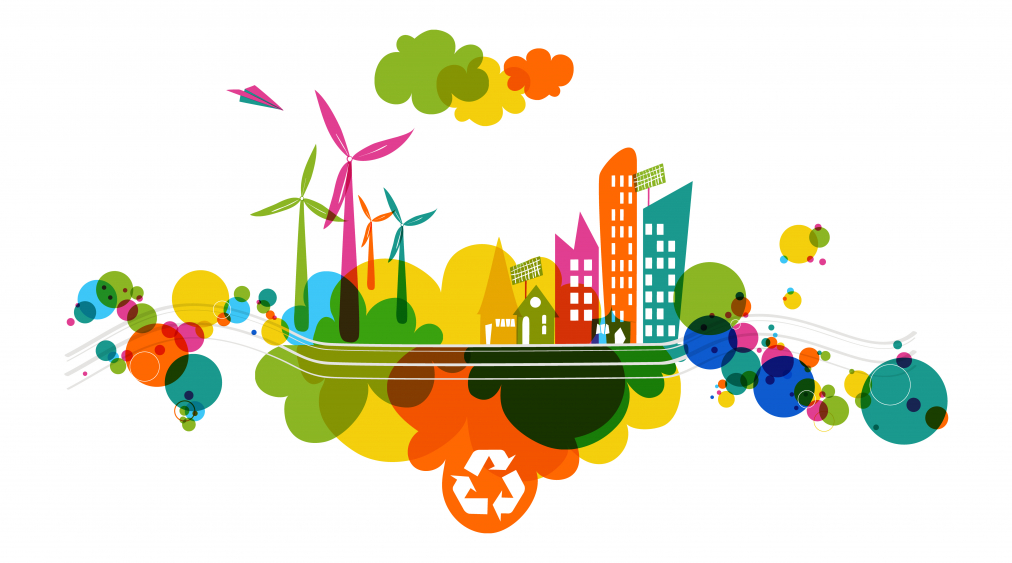How Adidas Progressed with Incremental Social Responsibility

We have been working towards sustainability for many years and recognise that the task ahead of us is a marathon, not a sprint. It is about preparedness and setting the right pace, having both the drive and stamina to make the distance.
The adidas Group’s collaborative and open approach gives them a solid understanding of materiality. They know what the issues are, they listen to stakeholders, they know their impacts and know their responsibilities as leaders. And because they understand the material aspects of CSR and sustainability the adidas Group is effectively managing business risks, and credibly filling the role of sustainability leader in their industry.
The adidas Group’s strong understanding of what is important in CSR comes to them through the ‘P’ of Partnerships and engagement with stakeholders... it’s their way of engaging with the whole sustainability topic.

